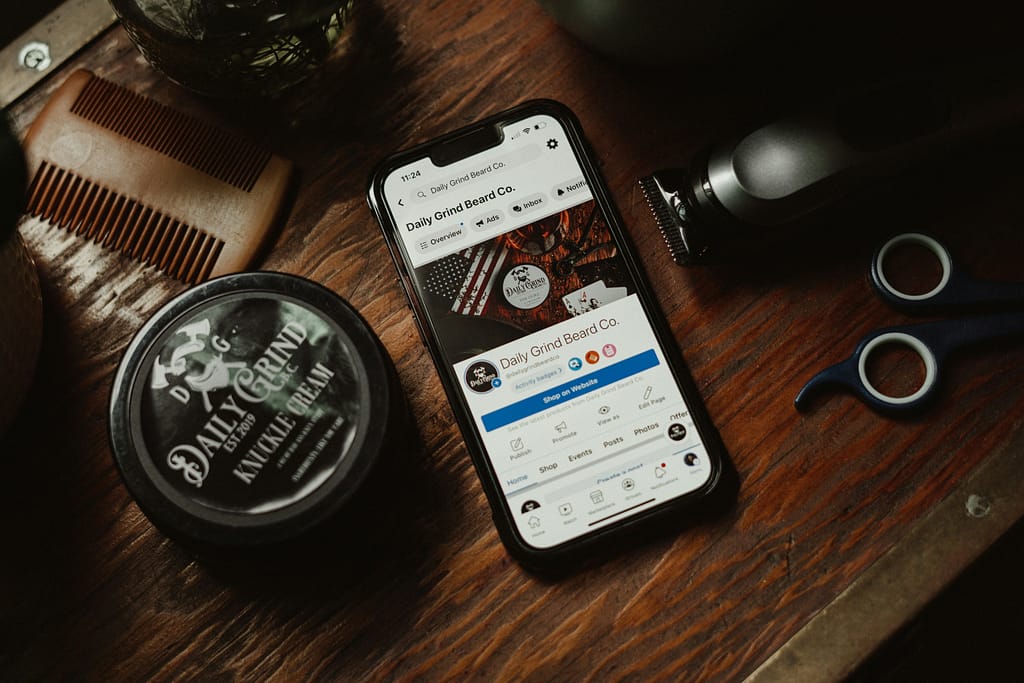Businesses are constantly seeking new ways to engage with their audience, stand out from the competition, and drive conversions. One of the most effective strategies to achieve these goals is personalization in digital marketing. Personalization goes beyond merely addressing customers by their first names in emails; it involves creating tailored experiences that resonate with individual preferences, behaviours, and needs.
1. Understanding the Importance of Personalization in Digital Marketing
Personalization: The New Standard in Marketing
In the past, marketing efforts were largely one-size-fits-all. Companies would create generic advertisements and hope they resonated with as many people as possible. However, with the rise of digital marketing and the availability of vast amounts of data, personalization has become the new standard. Personalization allows businesses to create more meaningful and relevant interactions with their audience, leading to increased customer satisfaction, loyalty, and ultimately, higher conversion rates.
The Psychology Behind Personalization
Personalization works because it taps into the human need for recognition and relevance. When consumers feel that a brand understands their needs and preferences, they are more likely to engage with that brand. This psychological connection can lead to stronger emotional bonds between the customer and the brand, resulting in long-term loyalty. Moreover, personalized marketing messages are more likely to cut through the noise of generic advertisements, capturing the attention of the audience.
The ROI of Personalization
Investing in personalization can yield significant returns for businesses. According to research, personalized marketing can increase conversion rates by up to 20%, and companies that excel at personalization generate 40% more revenue than those that do not. Additionally, personalized email campaigns have higher open and click-through rates compared to non-personalized ones. These statistics highlight the importance of personalization in driving business growth.
2. Implementing Personalization in Your Digital Marketing Strategy
Collecting and Analyzing Customer Data
The foundation of any successful personalization strategy is data. To personalize your marketing efforts effectively, you need to collect and analyze data about your customers. This data can include demographic information, purchase history, browsing behavior, and more. By understanding your customers’ preferences and behaviors, you can tailor your marketing messages to meet their specific needs.
Segmentation: Grouping Your Audience
Once you have collected customer data, the next step is segmentation. Segmentation involves dividing your audience into smaller groups based on shared characteristics. This allows you to create targeted marketing campaigns for each group, ensuring that your messages are relevant and resonate with the audience. Common segmentation criteria include age, gender, location, interests, and past purchase behavior.
Creating Personalized Content
With your audience segmented, the next step is to create personalized content for each group. This could include personalized email campaigns, targeted social media ads, and customized website experiences. For example, you can use dynamic content on your website that changes based on the visitor’s location or past behavior. The key is to ensure that the content is relevant and adds value to the customer.
Using AI and Machine Learning for Personalization
Artificial intelligence (AI) and machine learning are powerful tools that can enhance your personalization efforts. These technologies can analyse large amounts of data in real time, allowing you to deliver personalized experiences at scale. For example, AI can be used to recommend products based on a customer’s browsing history, or to send personalized emails at the optimal time for each recipient. By leveraging AI and machine learning, you can take your personalization efforts to the next level.

3. Overcoming Challenges in Personalization
Data Privacy and Security
One of the biggest challenges in personalization is ensuring data privacy and security. Customers are becoming increasingly concerned about how their data is being used, and businesses need to be transparent about their data collection practices. It’s essential to comply with data protection regulations, such as the General Data Protection Regulation (GDPR), and to implement robust security measures to protect customer data. Building trust with your customers is crucial for the success of your personalization efforts.
Balancing Personalization and Privacy
While personalization can lead to better customer experiences, it’s important not to cross the line into intrusion. Over-personalization can make customers feel uncomfortable, leading to a negative perception of your brand. To avoid this, it’s important to strike the right balance between personalization and privacy. Give customers control over their data and allow them to choose the level of personalization they are comfortable with.
Managing the Complexity of Personalization
Implementing personalization can be complex, especially for large businesses with diverse customer bases. Managing the data, creating personalized content, and delivering it across multiple channels can be challenging. To overcome this, consider using marketing automation tools that can streamline the personalization process. These tools can help you manage customer data, segment your audience, and deliver personalized content efficiently.
4. The Future of Personalization in Digital Marketing
Hyper-Personalization: The Next Frontier
As technology continues to evolve, so too does the potential for personalization. Hyper-personalization is the next frontier in digital marketing, where businesses use real-time data and advanced algorithms to deliver even more tailored experiences. This could include personalized product recommendations based on a customer’s current mood, or real-time updates to marketing messages based on a customer’s behavior. Hyper-personalization has the potential to create even deeper connections with customers, driving engagement and loyalty.
Personalization Across All Channels
In the future, personalization will extend across all marketing channels, creating a seamless and consistent experience for customers. This could include personalized experiences on websites, mobile apps, social media, email, and even in-store. By delivering a consistent and relevant experience across all touchpoints, businesses can create a unified brand experience that resonates with customers.
The Role of AI and Predictive Analytics
AI and predictive analytics will play a significant role in the future of personalization. These technologies can analyze vast amounts of data to predict customer behavior and deliver personalized experiences proactively. For example, predictive analytics can help businesses identify customers who are at risk of churning and deliver personalized offers to retain them. As AI and predictive analytics continue to advance, the possibilities for personalization in digital marketing will be limitless.
5. Harnessing the Power of Personalization
Personalization is no longer a luxury; it’s a necessity in today’s competitive digital landscape. By understanding your customers, collecting and analyzing data, and delivering personalized experiences, you can create deeper connections with your audience, drive engagement, and boost conversions. However, it’s important to strike the right balance between personalization and privacy, and to be transparent about your data practices.
At TechUpgrade, we specialize in helping businesses harness the power of personalization in their digital marketing efforts. Whether you’re looking to implement AI-driven personalization strategies, optimize your customer data management, or create personalized content that resonates with your audience, we’re here to help.
Contact us today to learn more about how we can elevate your digital marketing strategy with personalization.



